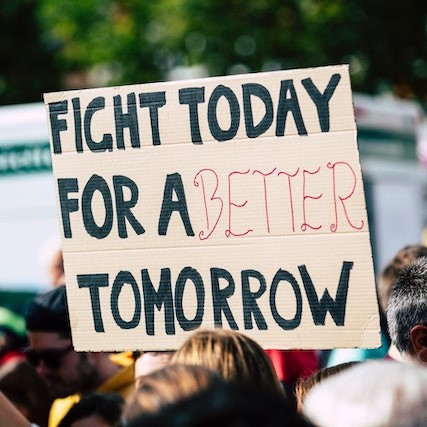UK Junior Doctors Strike

Industrial Action by Medical Practitioners in the UK
RNfinity | 13-04-2023Junior doctors in the UK undertook industrial action for the
second time in a month in the UK over a dispute with the government over pay.
Junior doctors pay have undergone a 35% reduction in pay since
2008 when adjusted for inflation.
Strike action by doctor has elicited a range of responses from
the public, with some people feeling outraged that patient care could be
compromised whilst other are more sympathetic to their plight.
The government have perhaps played a more efficient public
relations strategy than the unions and have got their message across more clearly, with last minute press releases indicating their perceived intransigence of the
unions whom they are negotiating with.
Lack of movement on pay has caused disillusionment in those
who have undertaken a career which has traditionally been regarded as esteemed and valuable. Healthcare professionals should be valued given
the length of training and responsibility and service that they provide to the
public. Afterall there is little that should be more important than our health and
little that is more complex than our incompletely understood biology.
Having said this, the stagnation in doctor’s pay in the UK ,is
symptomatic of the widespread stagnation in the UK economy where there has been
no growth in GDP per capita over the last 15 years in absolute monetary terms.
When factoring inflation, there has been a substantial decline in
disposable income.
The unions point out there has been no growth in salary for 15
years, but they have been at the helm for the last 15 years, representing
their profession. Where exactly have they been for the last 15 years? 15 years
is quite long time for the concept of pay restoration to dawn
upon the unions. It has taken junior doctors salaries to reach crisis levels to make them move to action. Doctor’s salaries are approaching minimum wage and comparable to those
undertaking unskilled labour, and have taken some close to the poverty line who might not have financial support from their families.
Aside from poor pay, doctors’ jobs are incredibly challenging
given the current state of the NHS with poor resourcing and manpower levels and the
ever-increasing sophistication and demands of healthcare. In fact the formative
years are some of the most challenging given the expected learning curve and
the more onerous nature of the job, coupled with a degree of responsibility and
risks.
Junior doctors provide very good value for money. They are
clever doers, organisers, managers, communicators and sometimes life savers,
often carrying out the more gruelling work which their more experienced
consultant colleagues have passed on, as they have served their dues and may no
longer need to be on the front line.
It is difficult for the public to endorse a 35% pay rise and
the government fear that others might join the strike band wagon. It may not
be possible to right the wrongs of 15 years in one fell swoop, but on the other
hand the Unions may not to be trusted to persistently flight on behalf of their
members given their track record and it would be better if strikes were not continuous
or repetitive.
The actual money that the doctor’s are demanding would represent
a tiny fraction of the annual healthcare budget which amounts to 200 billion pounds
per year or 0.75 billion pounds per day. There are 61000 junior doctors and if
they were given an extra £10000 per year this would increase healthcare expenditure
by 600 million per year. In fact the cost to the public through, cancelled
appointments and increased payments to agencies, through the seven days of strike action that
have taken place, may be in excess of several years’ worth of additional
pay to junior doctors. It is just how that pay increase might be perceived, and
the knock-on effect it may have on other groups of disgruntled workers, of
which I am sure there are many out there.
Hopefully this is a situation that can be resolved in the
near future.